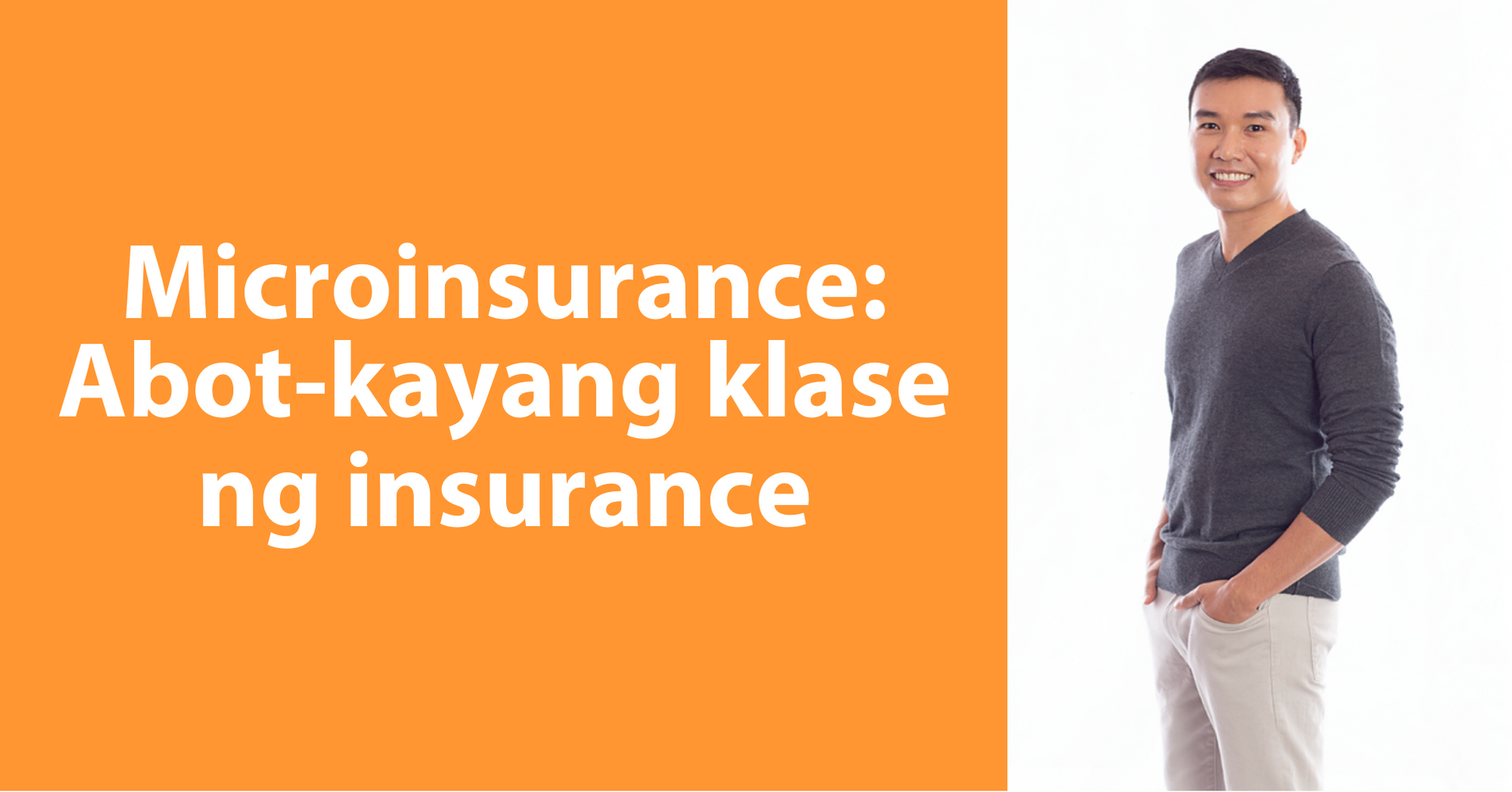Tag: never too small for hope
-
Never Too Small for Hope- Part III (Service Economy)
Federic Caneta / Resident of Cebu City – Furniture Maker The miter saw is silent in Federic Caneta’s workshop. The carpenter has a cabinet and a couple of shelves from commissions that were canceled because of the lockdown. His monthly projects vary with demand, “I make furniture on a custom-made or pre-order basis. Orders would…
-

Never too Small for Hope – Part II (Transport and Logistics)
Image Credit: FreePik Respondent: Jhun Rodriguez / Resident of Quezon City- Tricycle Driver Jhun Rodriquez’s day would start with morning commuters in Quezon City. He is one of 4.5 million drivers across the country who have left their vehicles in garages until quarantine conditions are lifted. Jhun has put a ‘Family Use – Private’ sign on…
